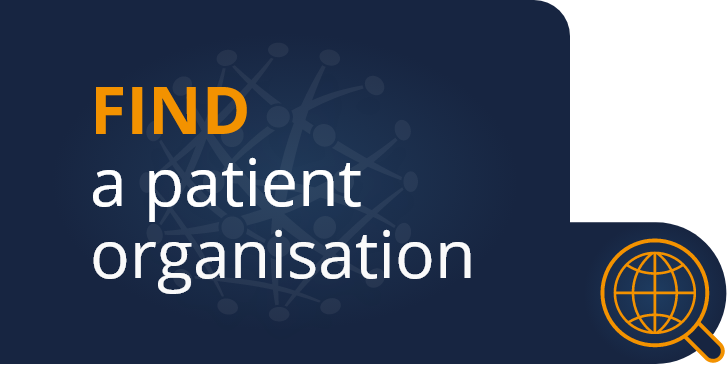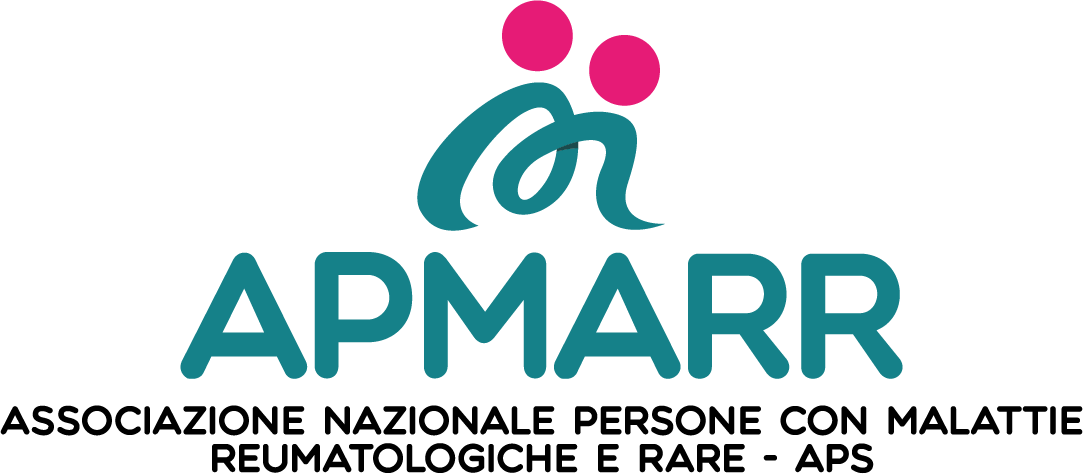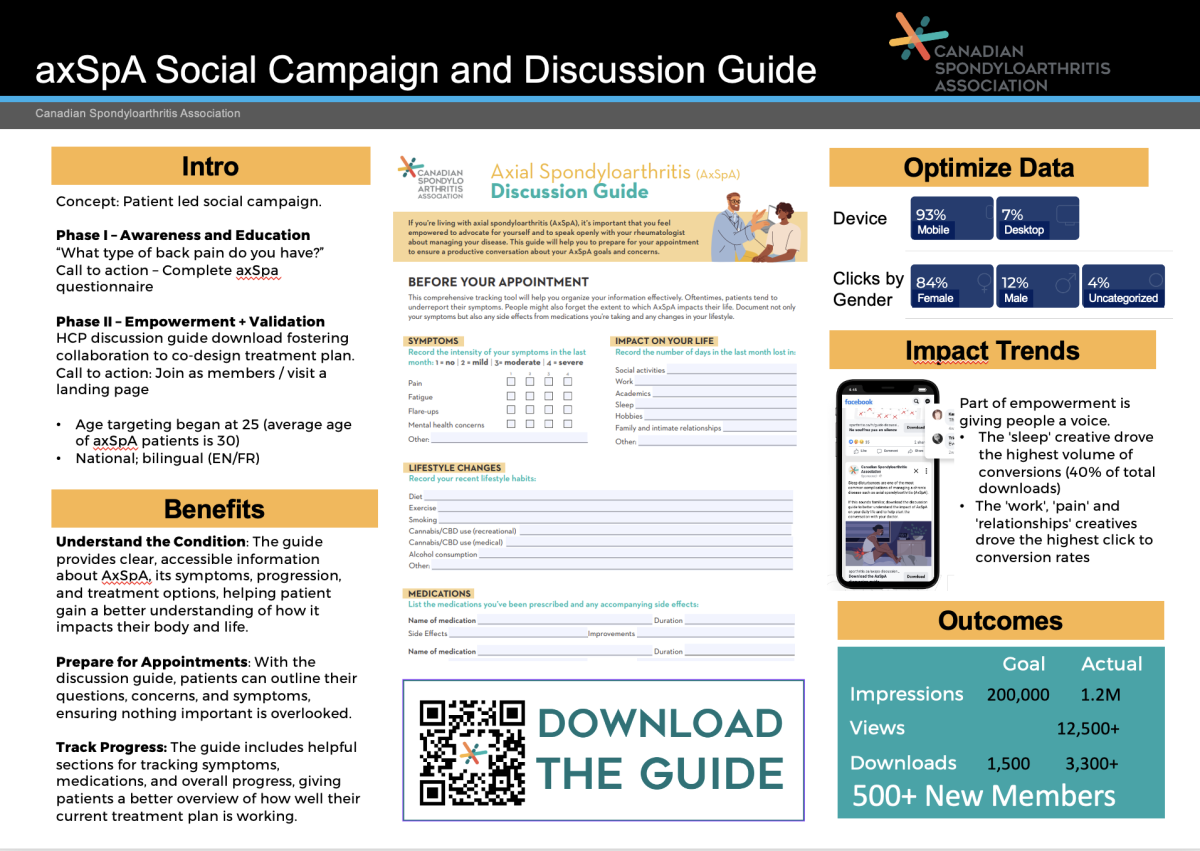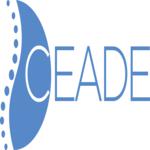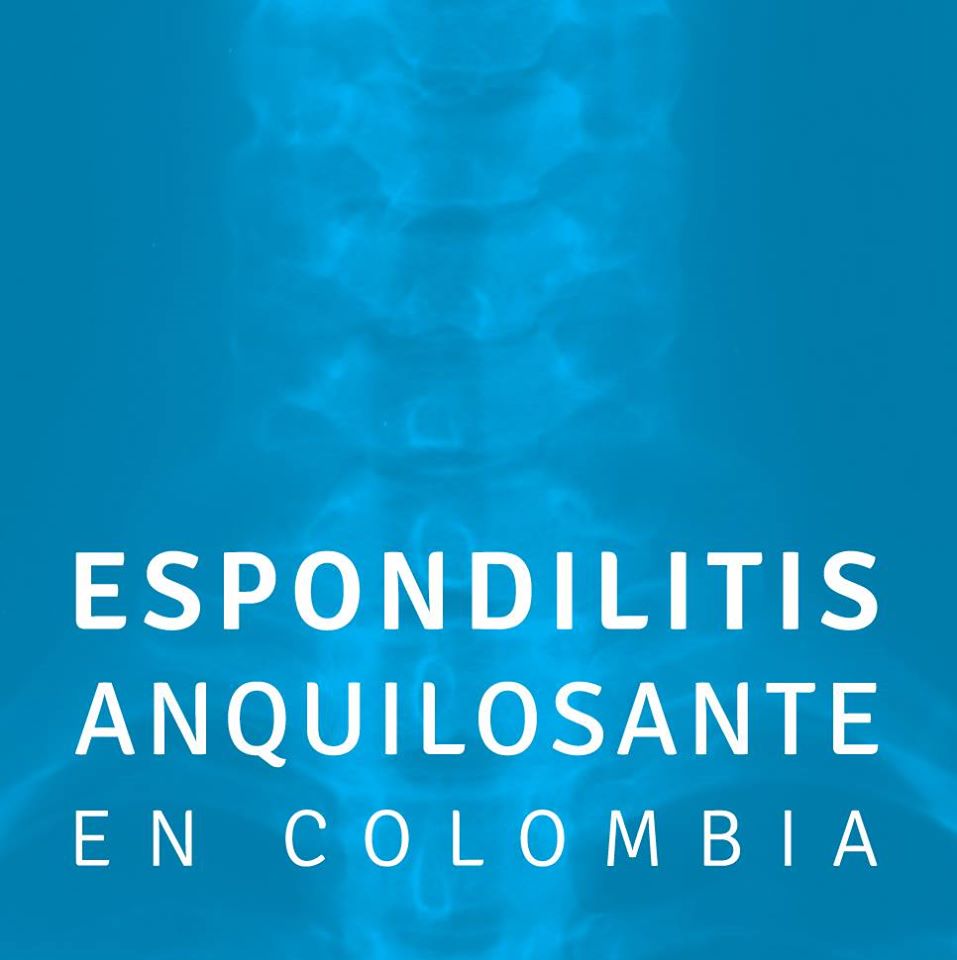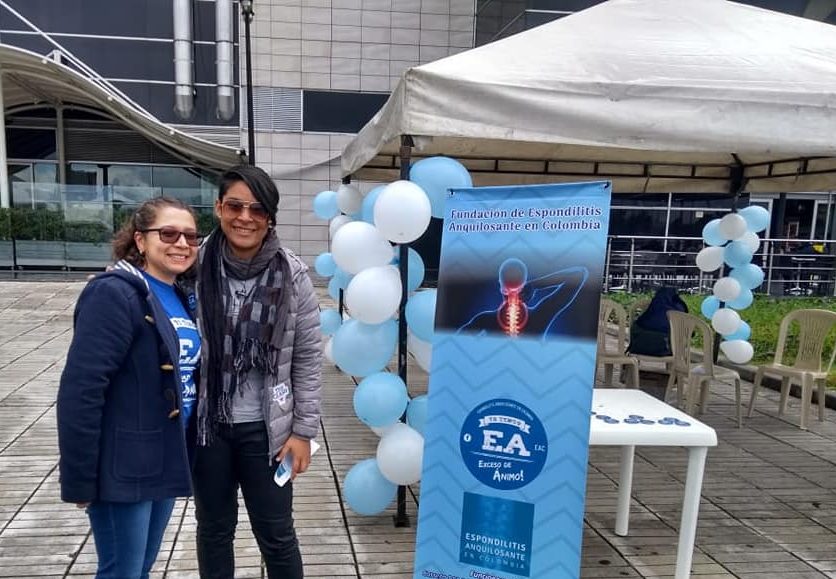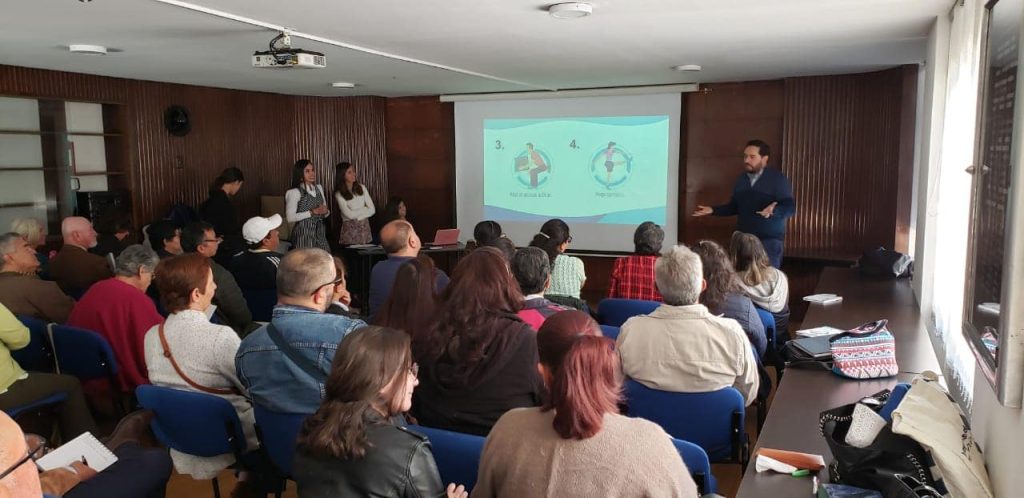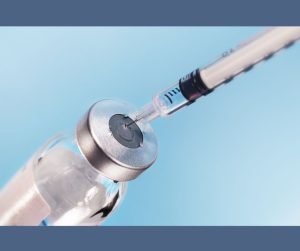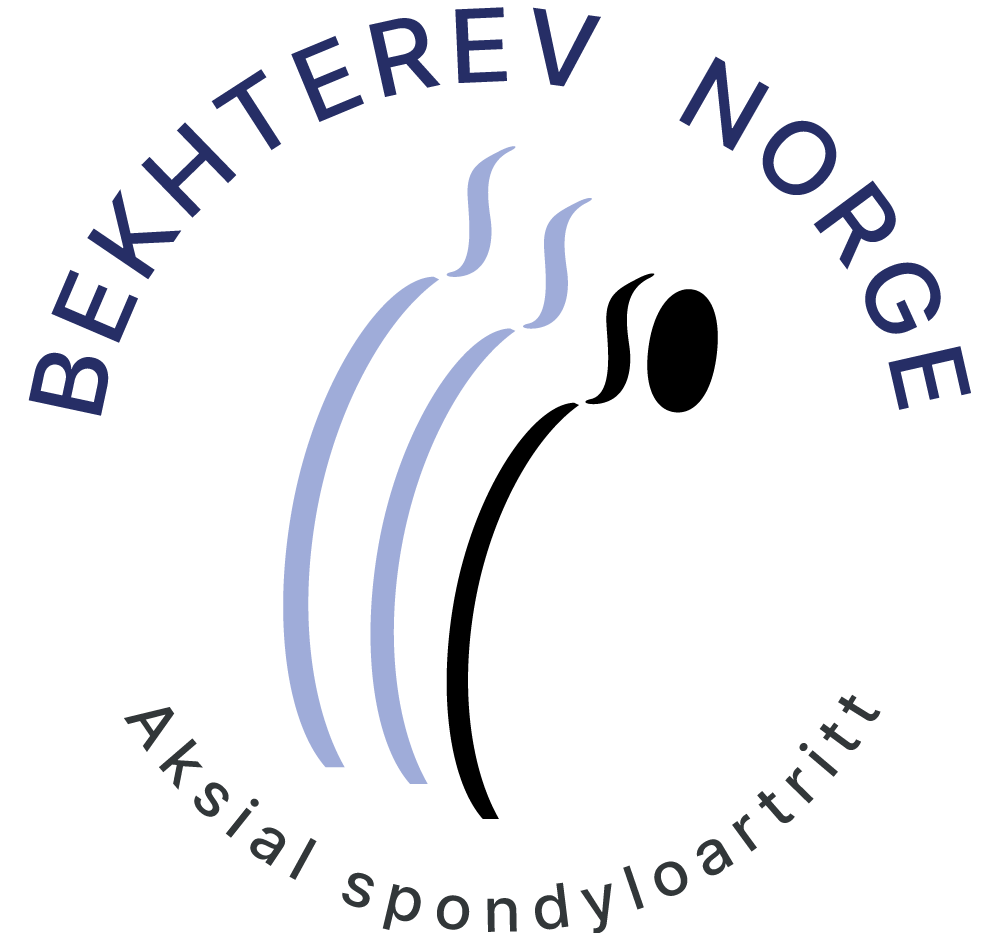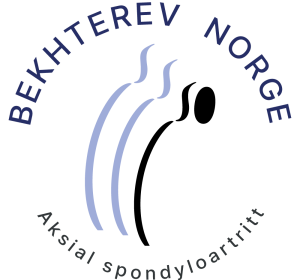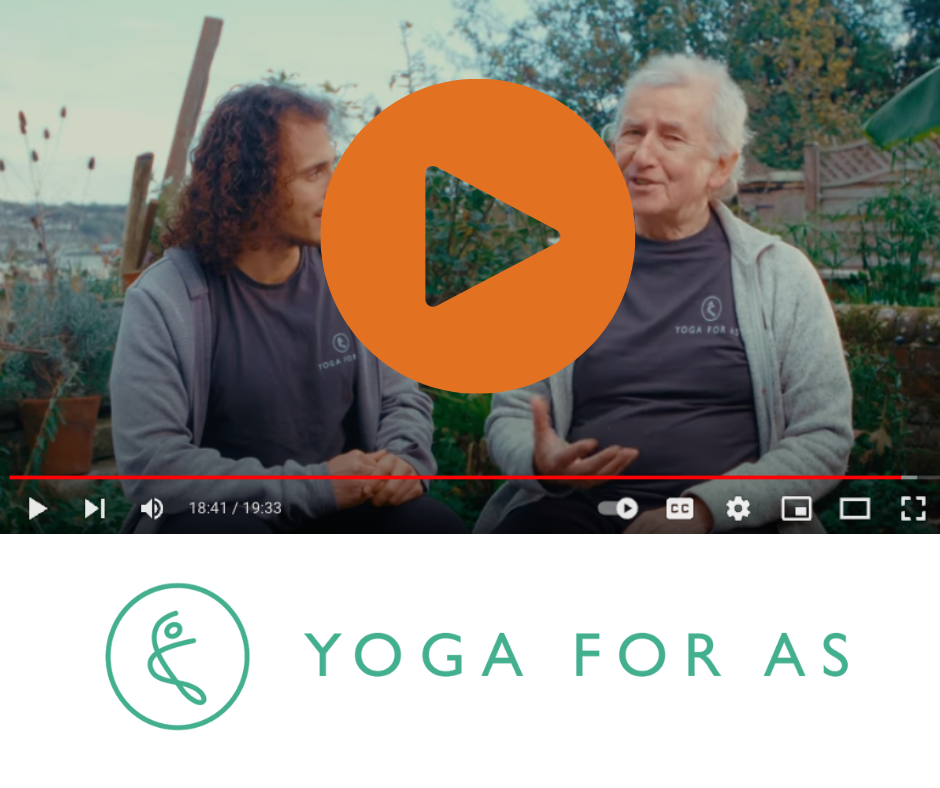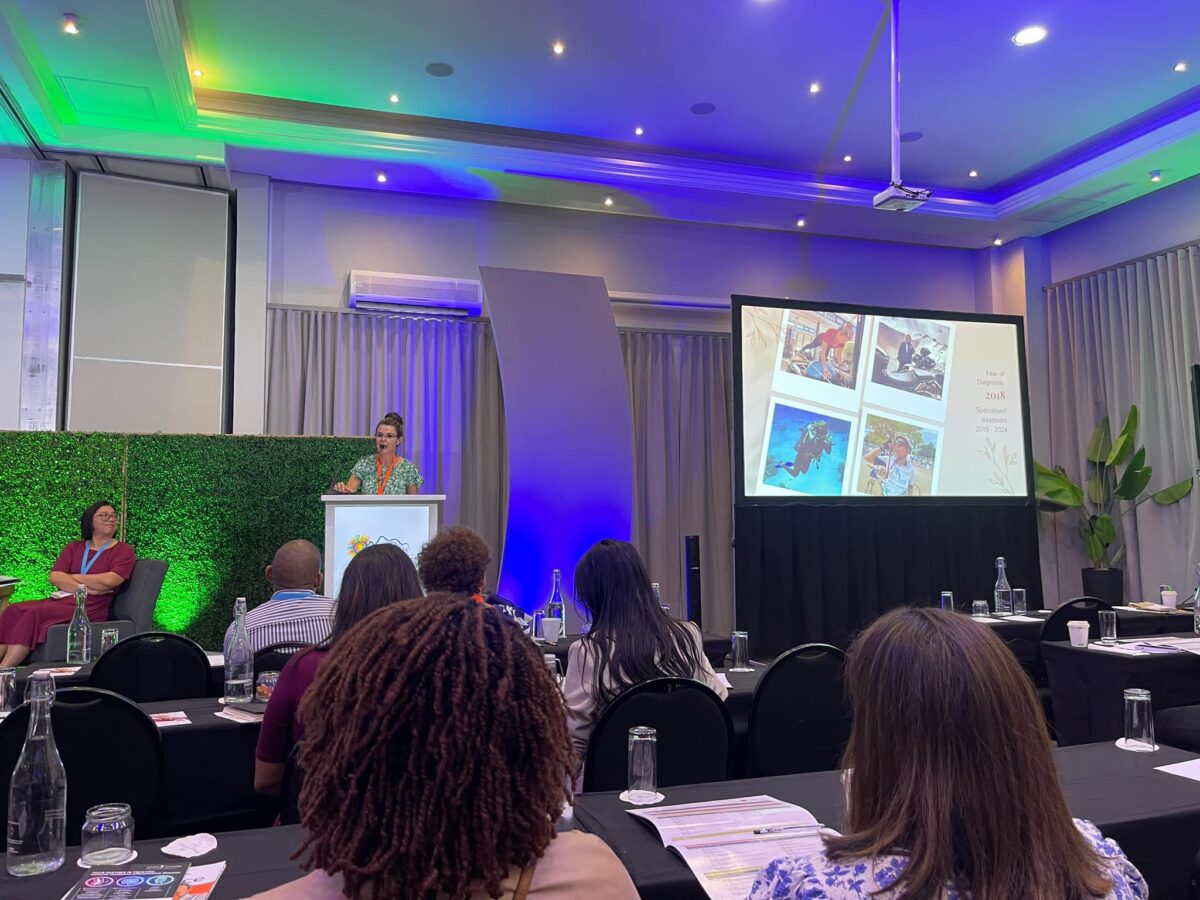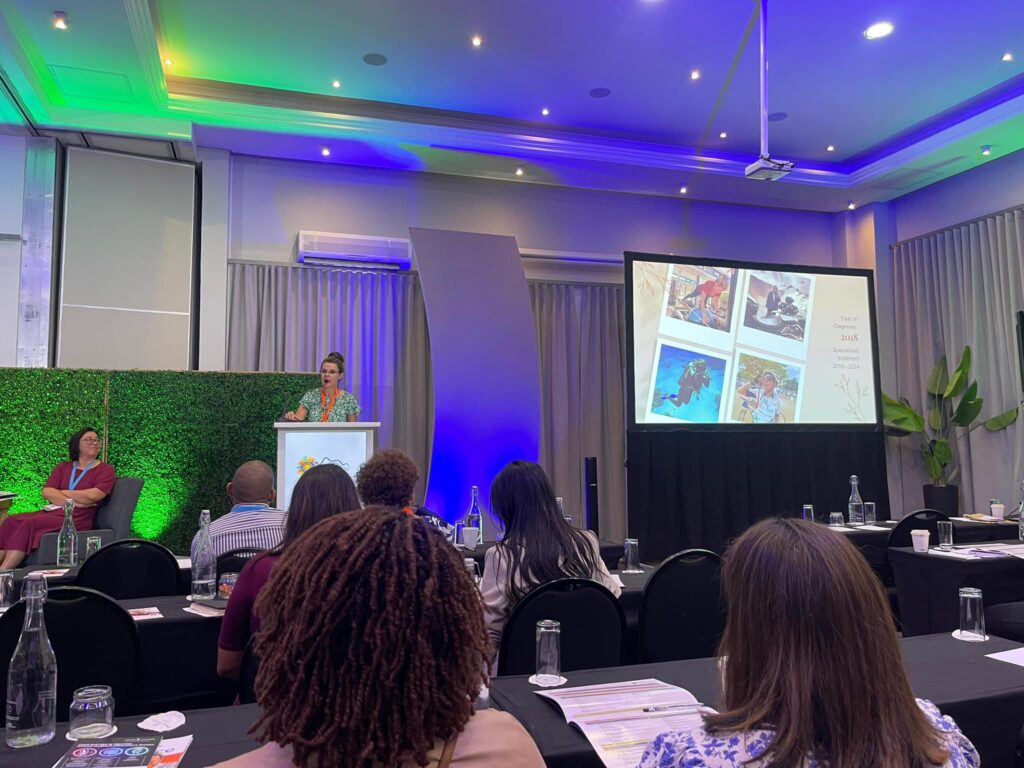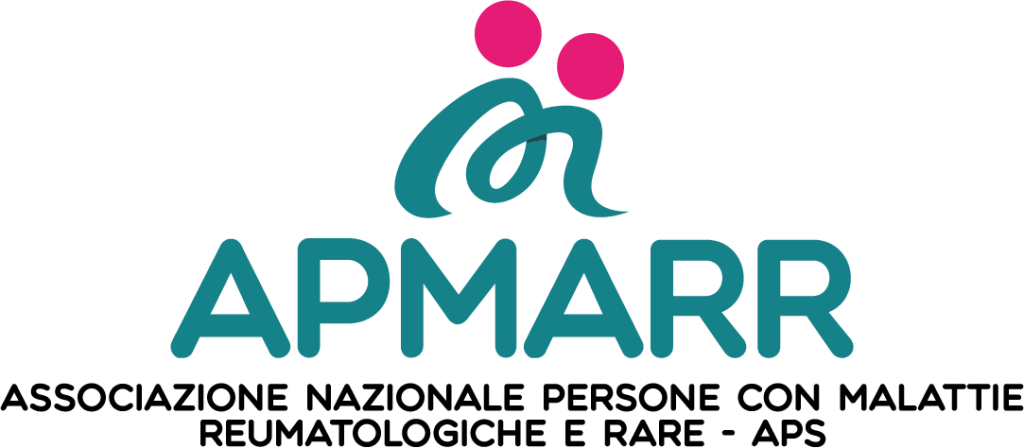
Associazione Nazionale Persone con Malattie Reumatologiche e Rare (APMARR), celebrated its 40th anniversary last year. APMARR’s mission is “to improve the quality of assistance and to improve the quality of life” offering help and information to people with rheumatic and rare diseases through volunteering, psychological support, awareness campaigns. APMARR runs national and local activities throughout the year, including free screening to assist in early diagnosis. It’s advocacy efforts include organising workshops and meetings with political decision makers and media to highlight the social and human rights of children and adults with rheumatic diseases.
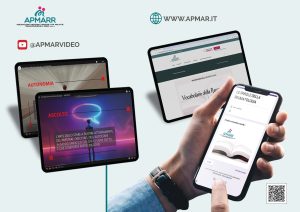
APMARR also promotes research in the field of rheumatology. On its 40th anniversary, APMARR launched a research project, conducted by WeResearch Institute, investigating the quality of life for people affected from rheumatic and rare diseases.
The results suggest that the negative impact rheumatic diseases have, may result in people having to rethink and reshape their “Life Plan”, particularly in relation to work, leading to a reduction in hours, change in job or having to stop work.
The study suggested that people who were unaffected by rheumatic diseases didn’t feel they had enough information about the conditions. It is thought that this lack of understanding in the general population is a contributing factor in the delay to diagnosis.
In recent years, research has better understood the mechanisms underlying numerous rheumatologic diseases. It has identified the role of inflammation and therapeutic targets, and developed innovative drug classes that can block the inflammatory cascade and lead to remission, if not cure. The goal of these medicines is to prevent disease progression and disability.
This new scenario necessitates a review of the changes in treatment and the diagnostic paradigm and, therefore, a revision in the language used to talk about rheumatologic diseases. The language must adapt to innovation, emerging needs and to the increased awareness of patients, who must be active participants in their treatment pathway.
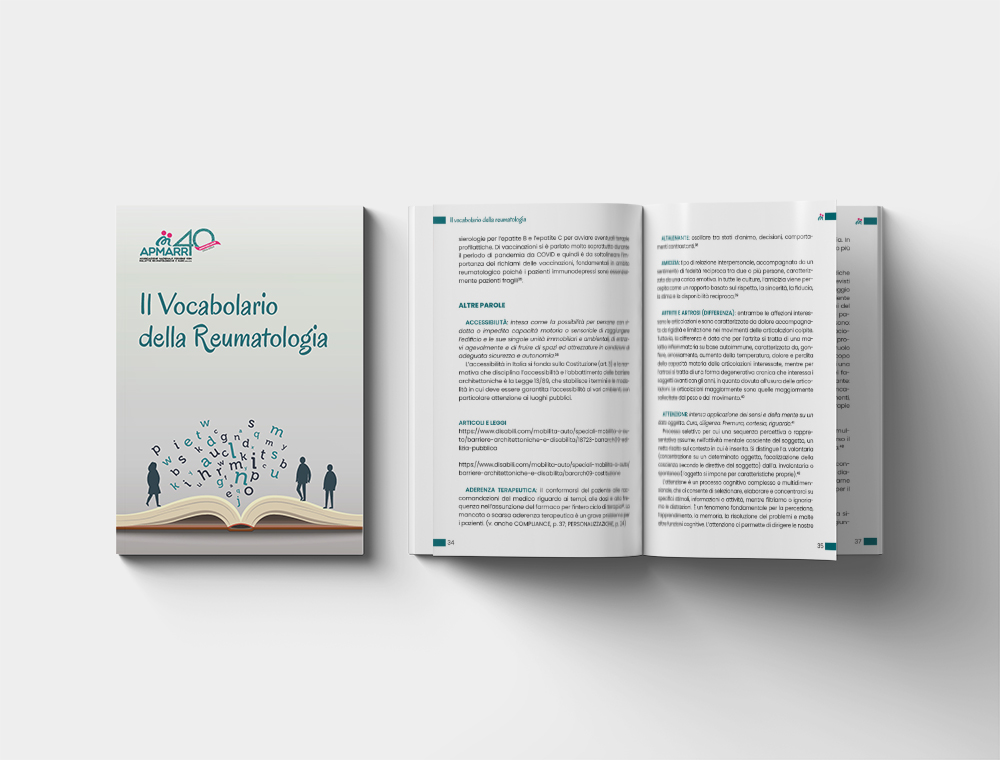
For this reason, APMARR launched an educational project named “The vocabulary of rheumatology” to help patients navigate the wealth of information found on the web. It provides them with the tools to become protagonists of their own care pathway, exploring the terms that accompany the world of rheumatology. These terms come from the scientific sphere, including those related to drugs and biomedical science. This project is aimed at patients and caregivers, with the goal of familiarising them with the lexicon of rheumatology and making the concept of empowerment and engagement tangible.
The “vocabulary of rheumatology” is one of several initiatives promoted by APMARR to educate and inform people on the rheumatic and rare diseases. APMARR also involves and assists people through the toll-free number, its magazine “Morfologie” and its social media which reaches an online community of more than 5,000 users.
Patient representation is essential before health authorities since policies are changing and it is necessary to have their opinion on those reforms that may affect medical care and treatments. To this end, the Foundation interacts with other patient organisations to defend and voice their needs. Additionally, the Foundation has legal advice in situations of inconveniences in the provision of services as well as in the recognition of economic benefits such disability pensions.
Every day the Foundation is strengthened by the work carried out, generating positive impacts in the community and promoting solidarity among patients. We are grateful to all the volunteers who participate in the development of our work.
